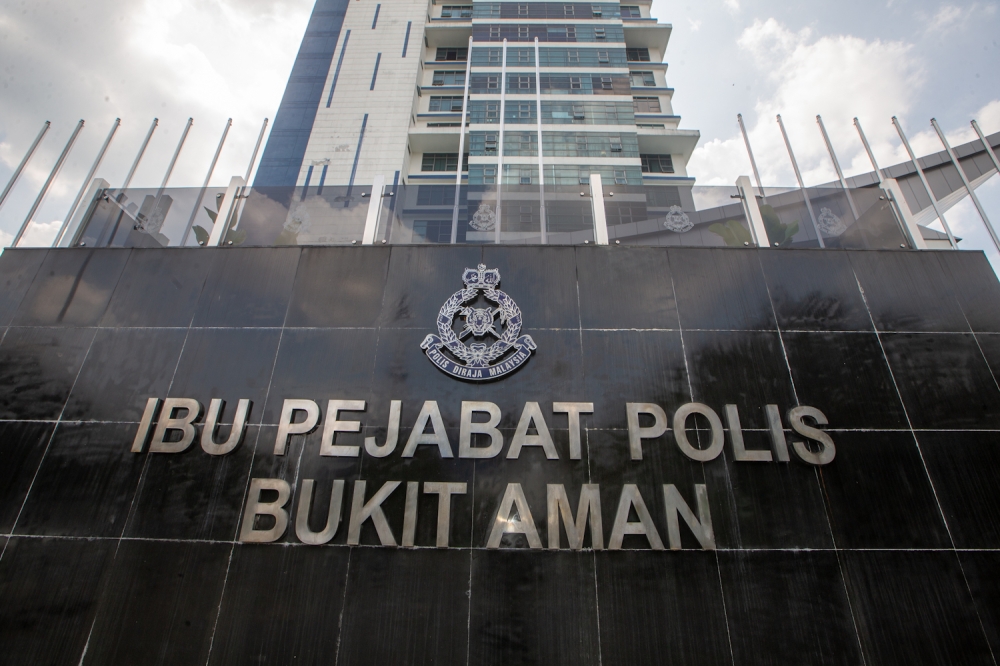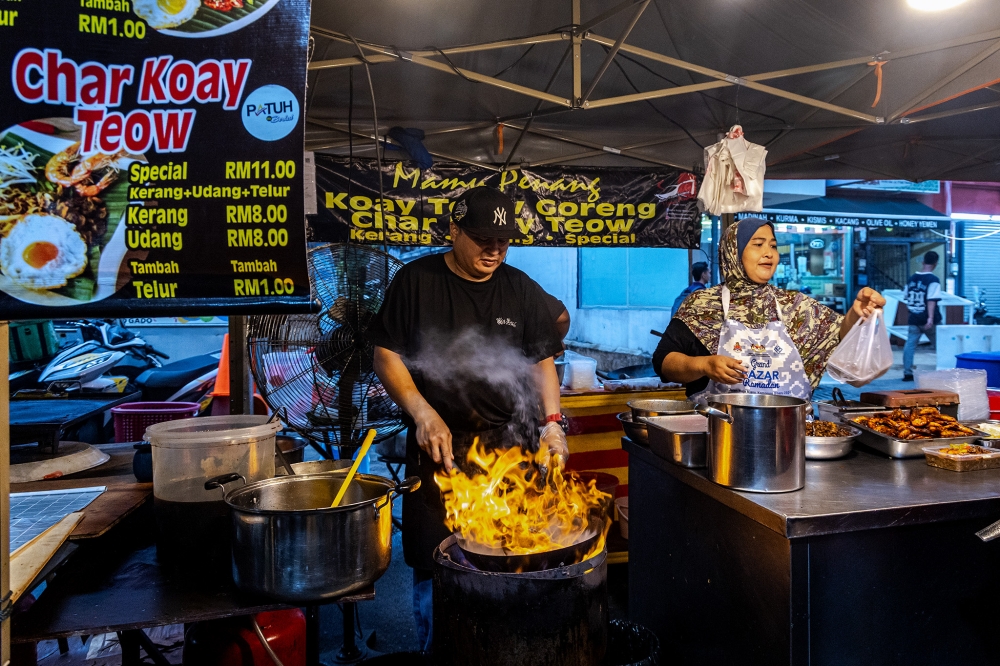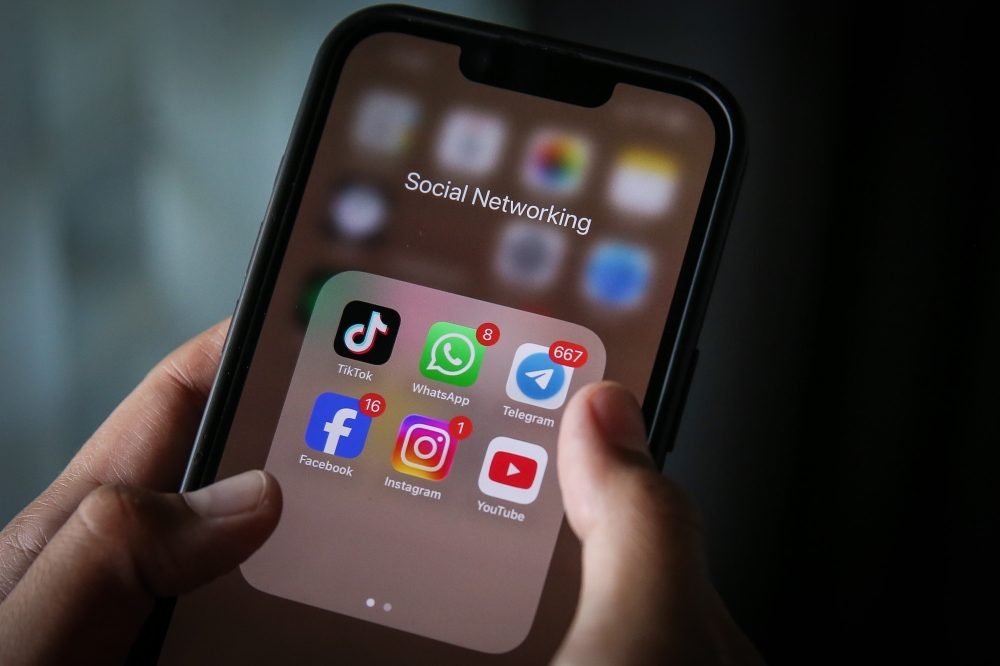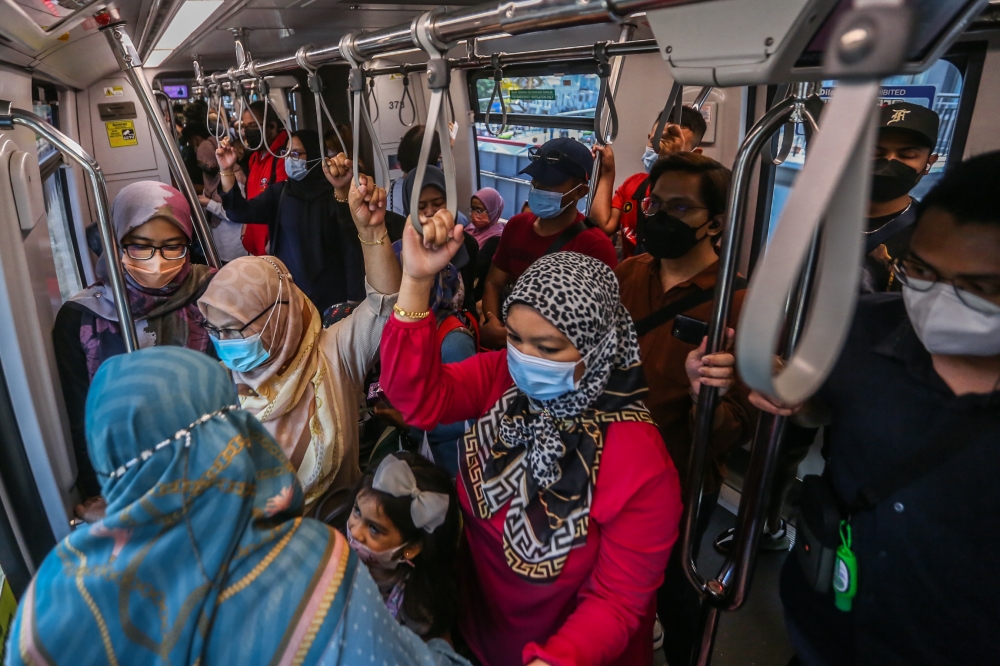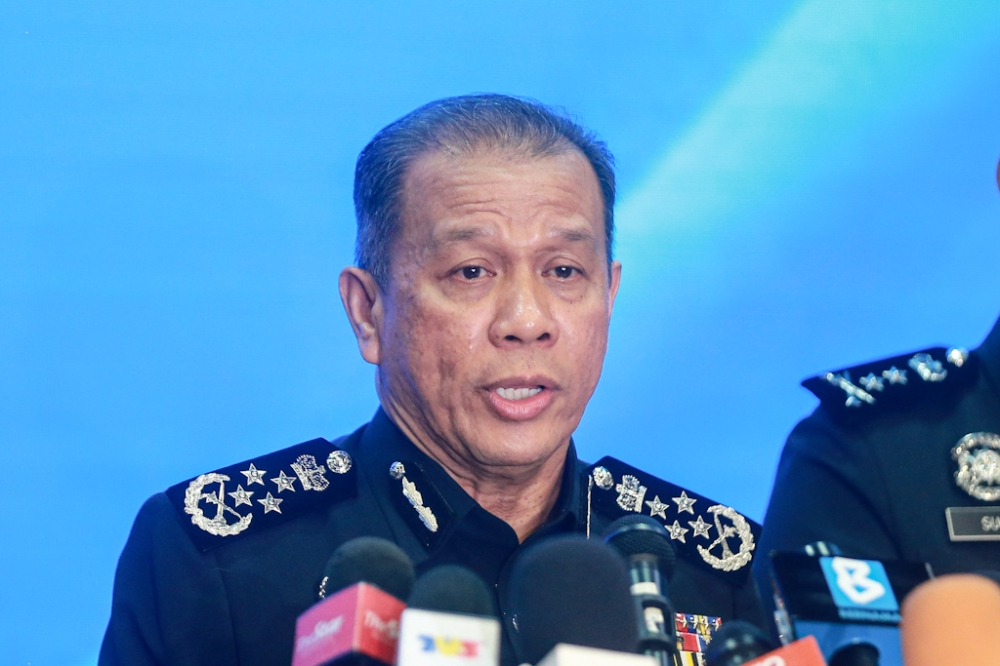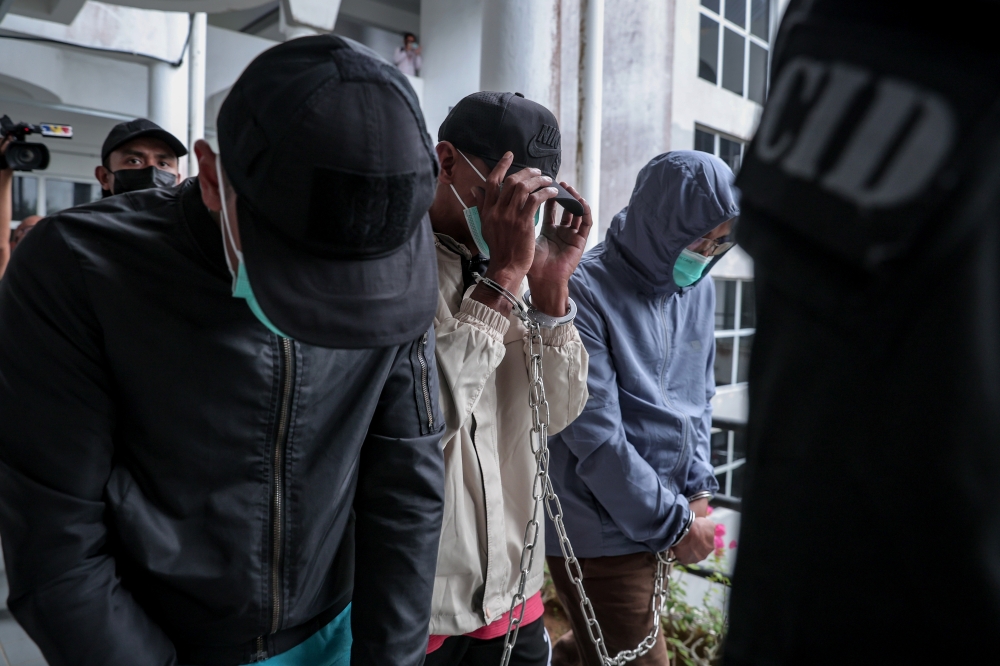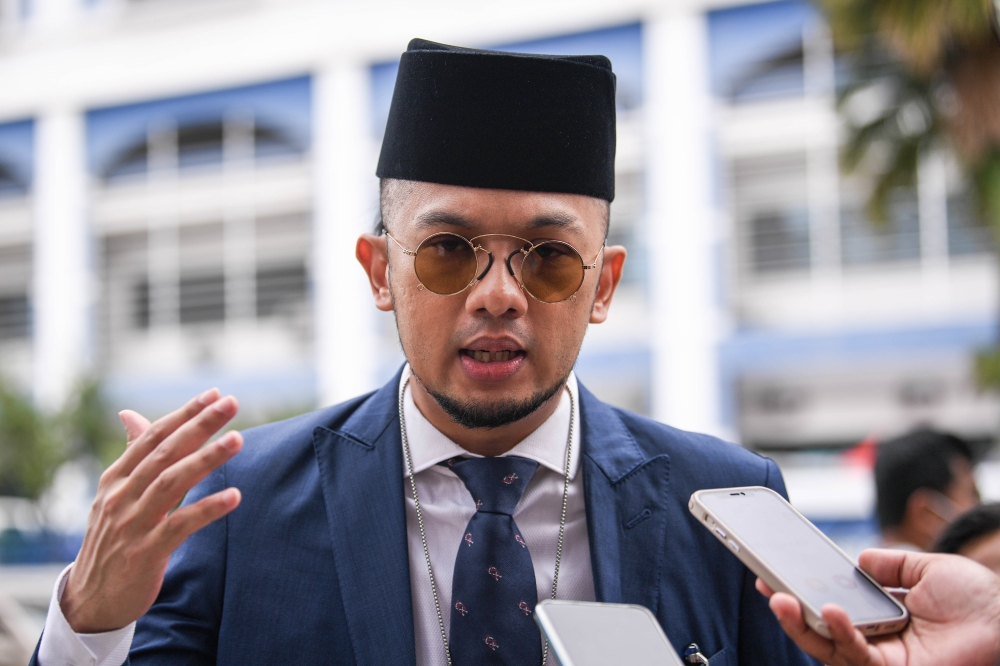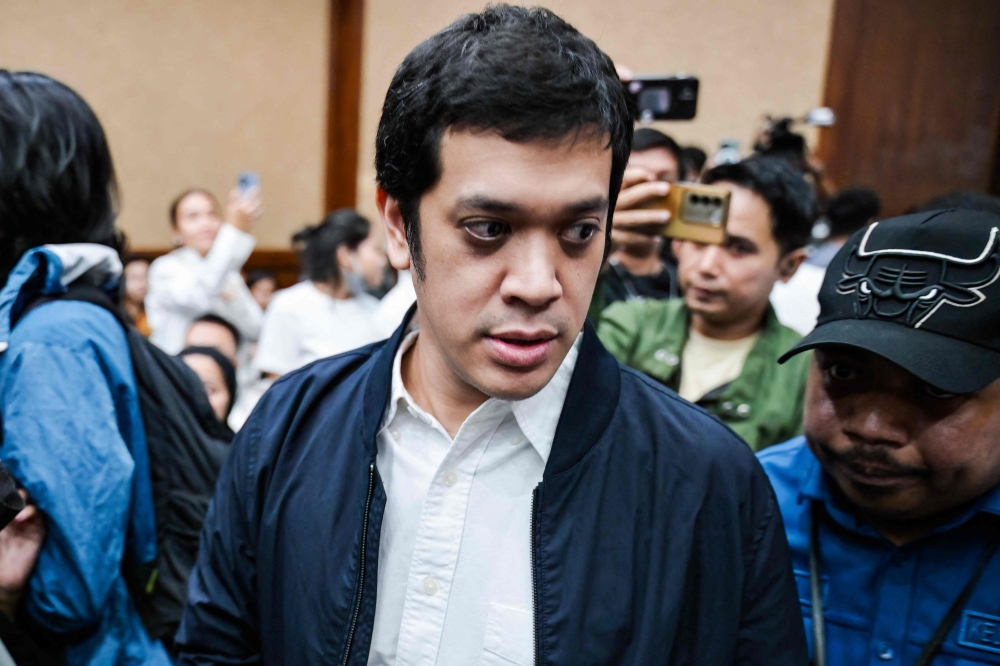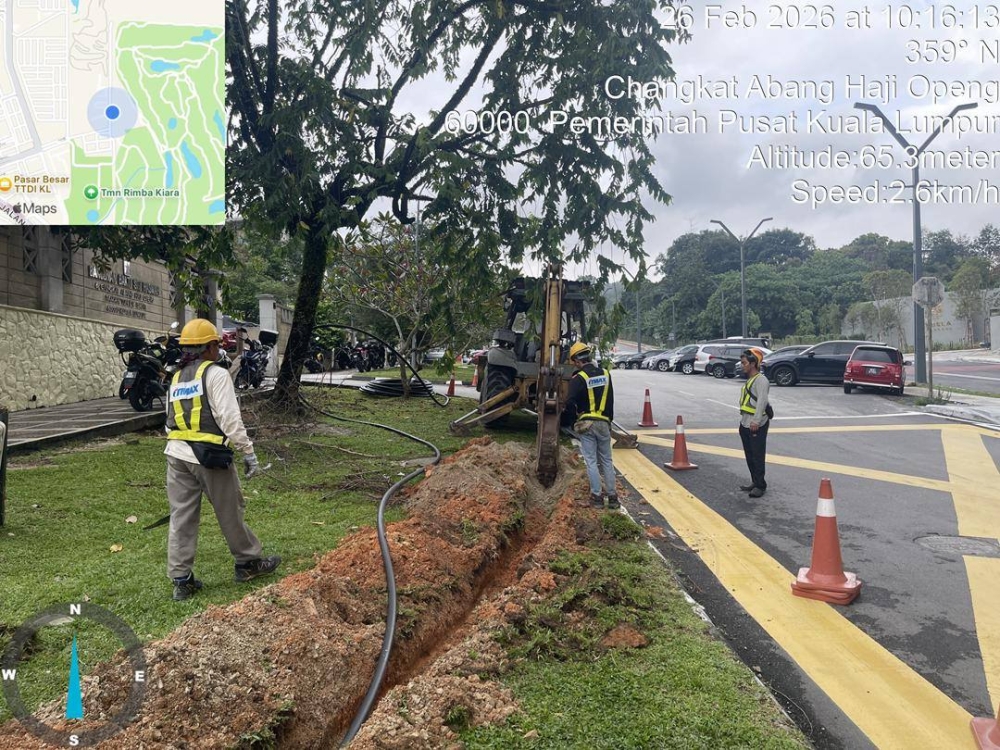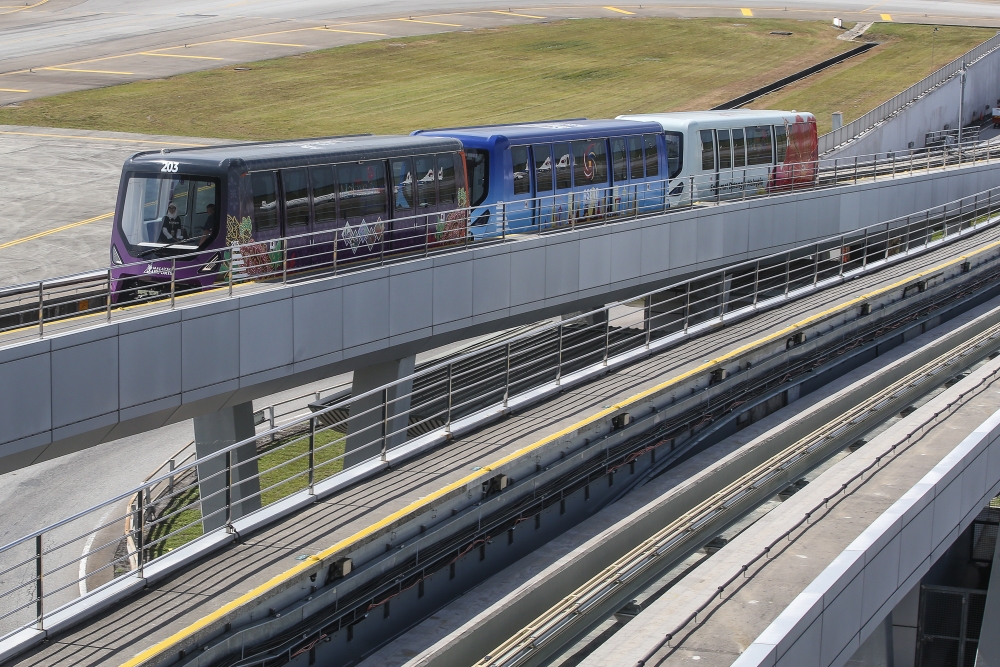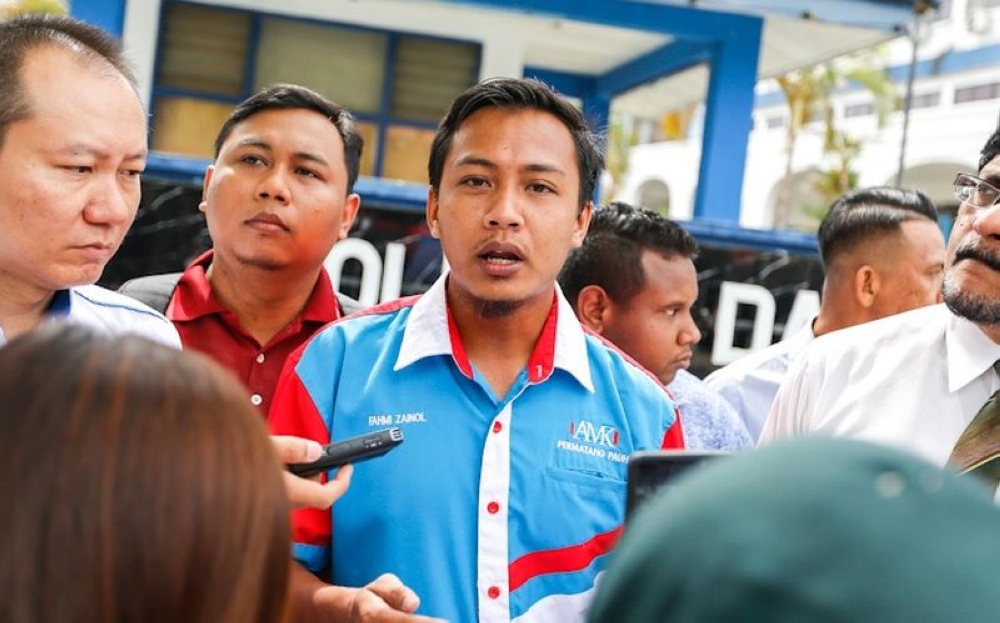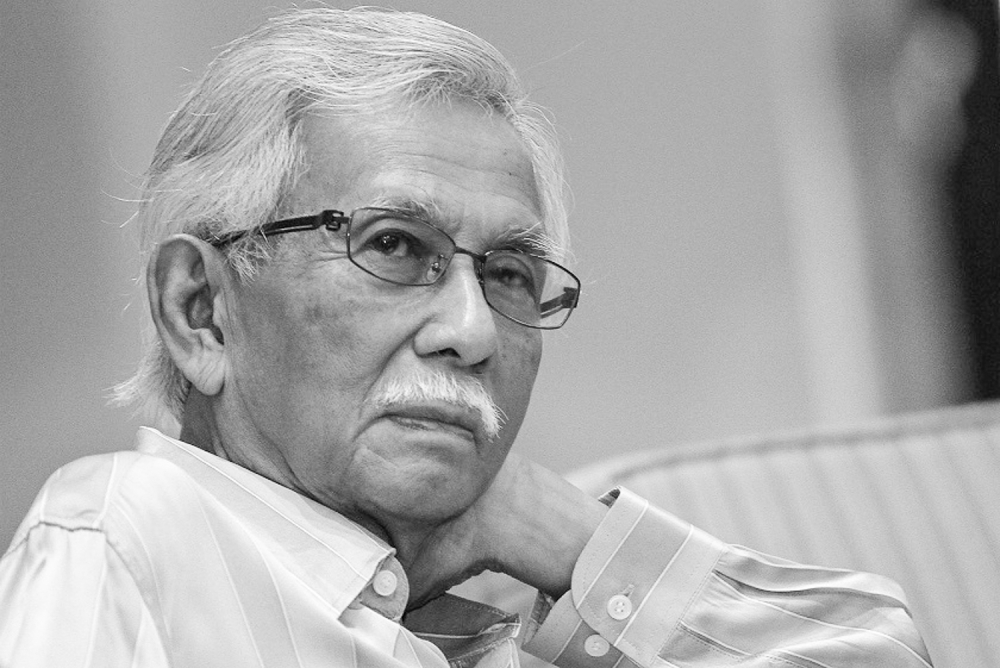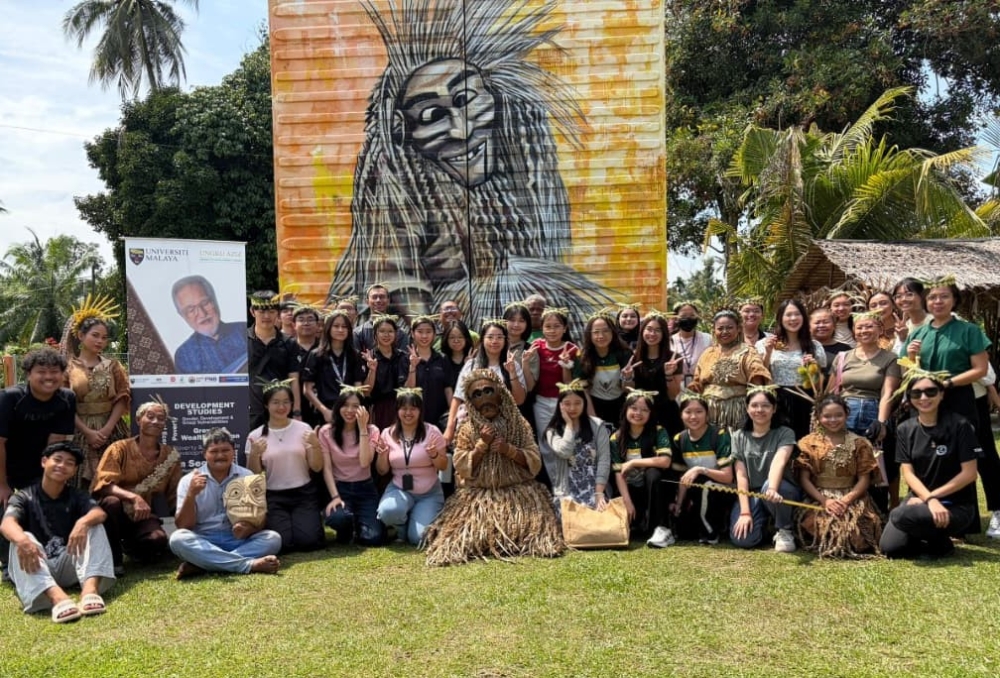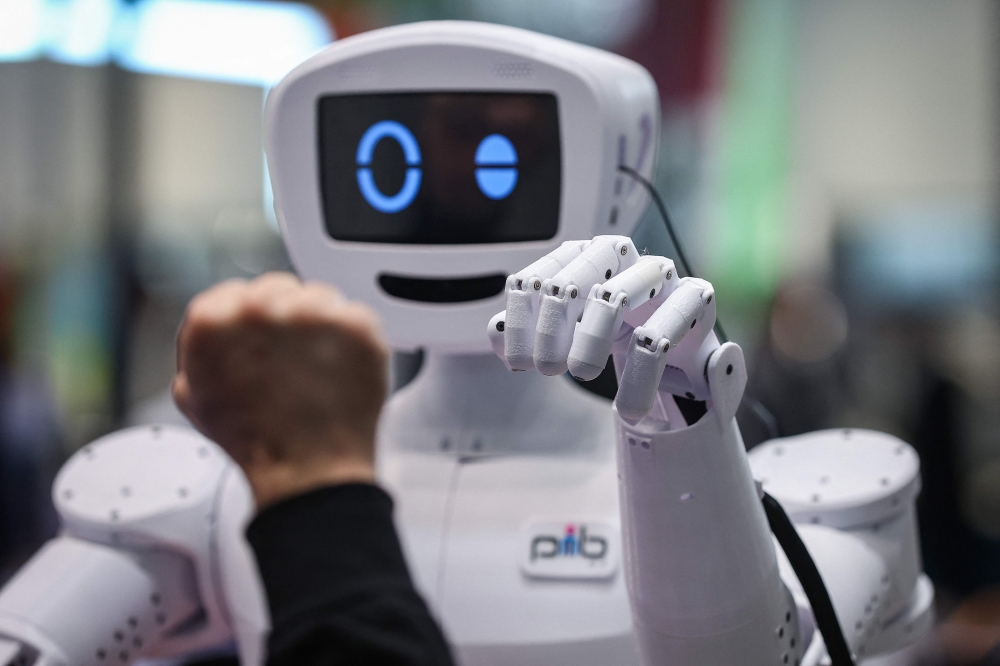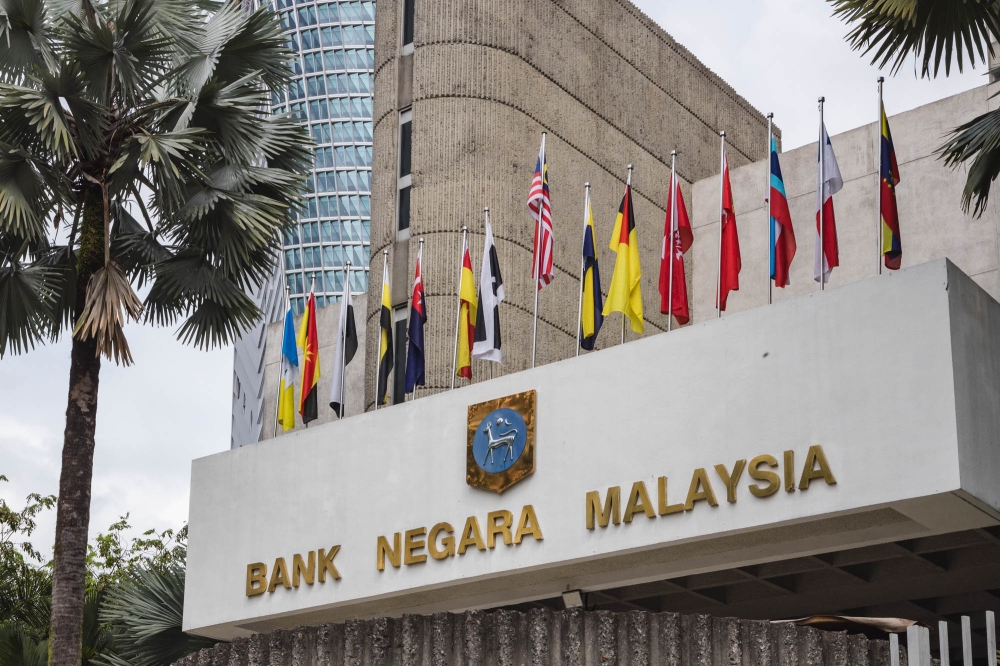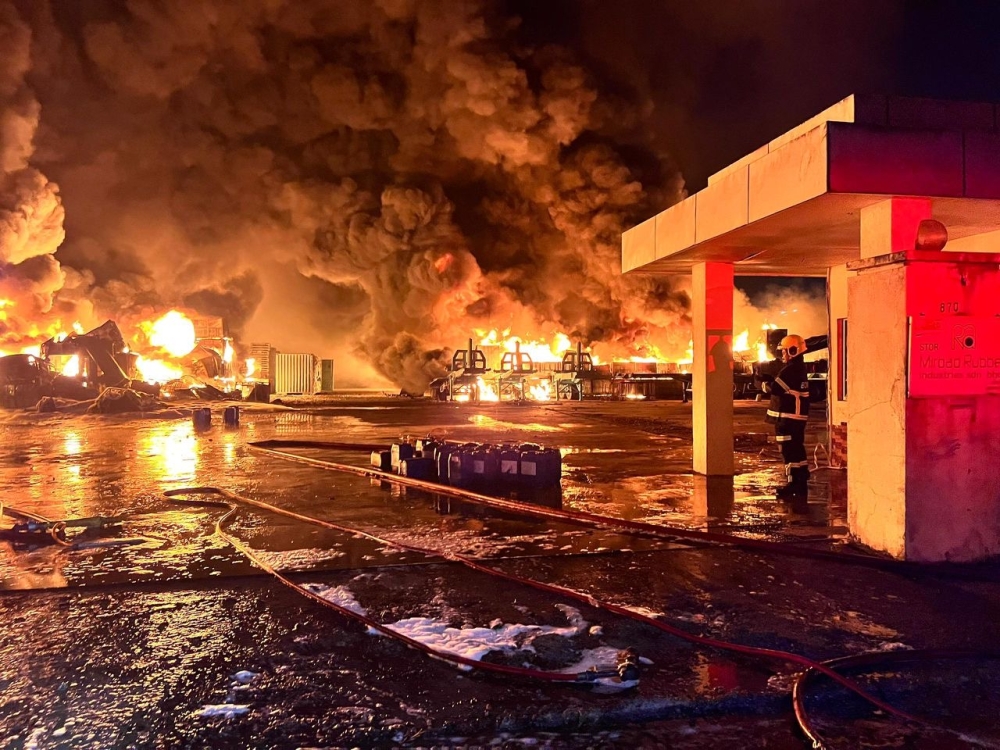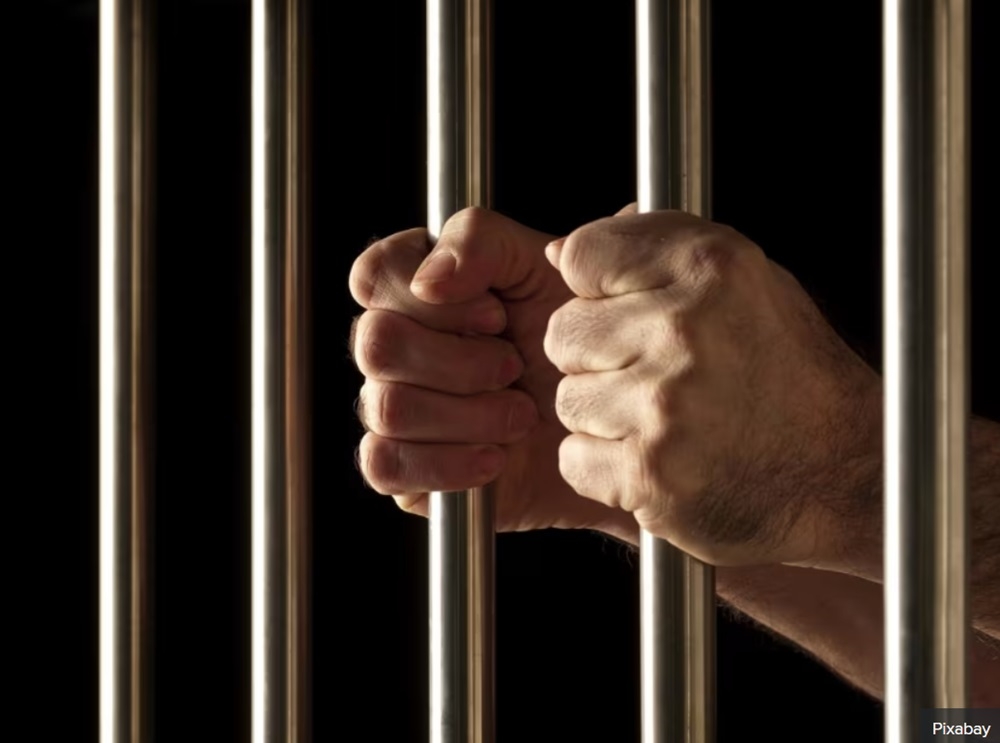NOVEMBER 29 –– Humans depend on each other for survival due to our inherently social nature. Isolation, whether from a community or a larger collective, can have profound impacts on a person. In modern times, the idea of exclusion has evolved into boycotting –– a peaceful and voluntary abstention from engaging with a product, person, organisation, or nation to express strong dissatisfaction. Boycotts often arise from moral, social, political, or environmental concerns.
Historically, boycotts have driven significant change. The Montgomery Bus Boycott, sparked by the bravery of Rosa Parks, became a turning point in the American Civil Rights Movement. Similarly, the global boycott against apartheid South Africa applied pressure that eventually dismantled a regime built on racial segregation. These examples remind us of the collective power of people to confront injustice.
The current call for boycotts
Today, a similar call for collective action echoes around the world in response to the brutal assault on Gaza. The relentless airstrikes, mass killings, and widespread destruction of homes and hospitals have created a humanitarian catastrophe. Innocent civilians ––particularly women and children –– bear the brunt of this violence, while men are detained en masse under horrific conditions.
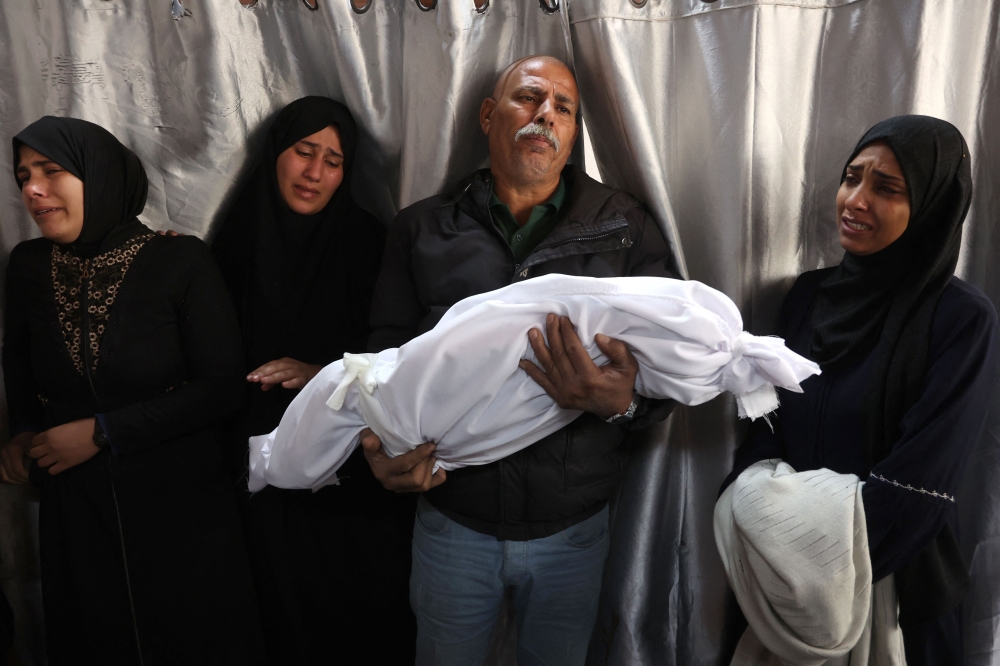
In response, global boycott movements have emerged, targeting corporations and entities that financially support these atrocities. This form of economic pressure aims to weaken the systems enabling ethnic cleansing and genocide. Adding to the outrage is the biased portrayal of events by Western media, which often attempts to erase historical context and justify the ongoing oppression. The global community has stepped in, leveraging social media to share accurate information and counter harmful narratives.
As a Muslim, this cause resonates deeply. Boycotting is not simply an economic choice; it is an act of solidarity, a refusal to remain complicit in the suffering of innocents. It is a way to assert our shared humanity when we feel powerless to stop the violence directly.
Multinational corporations like McDonald’s, Starbucks, and Nestlé, which have publicly supported Israel, have faced global declines in sales due to consumer boycotts. In contrast, local businesses are thriving as people seek alternatives. In some cases, entirely new products, such as Palestine Soda, have emerged to fill the void, providing consumers with ethical options while boosting local economies.
These alternatives also serve another critical purpose: supporting humanitarian aid efforts. Proceeds from some of these local products are directed to life-saving initiatives, including medical care, food security, and sanitation services for Palestinians. With Gaza’s infrastructure in ruins, such assistance is critical to alleviating the suffering of a besieged population.
On social media, boycotting has taken a new dimension. Platforms like Meta are accused of suppressing content related to Gaza by manipulating algorithms or outright banning pages that challenge mainstream narratives. Yet, the truth finds a way to break through. Viral posts, like the widely circulated “All eyes on Rafah,” have garnered millions of shares, amplifying awareness despite attempts to silence them.
While boycotts are often seen as a moral and ethical imperative, they are not always feasible for everyone. For those with limited financial means, cheaper options may take precedence over ethical considerations. Survival often trumps activism.
Moreover, some people find themselves dependent on products from companies being boycotted, such as essential medications or specific dietary products. This creates a moral dilemma, particularly for individuals with allergies or those caring for pets with specialised needs. Guilt-shaming people who cannot participate in boycotts due to these circumstances only deepens their emotional burden.
To make boycotting a viable option for all, local markets must rise to the challenge by producing affordable alternatives. These efforts can democratise activism, allowing even the most vulnerable members of society to contribute to meaningful change without compromising their well-being.
Building a self-sustaining economy
The current situation highlights the importance of self-reliance. Communities that can sustain themselves are better positioned to take strong moral stances without being hindered by dependence on external entities. Nations like Russia and China, for example, have demonstrated resilience in the face of international sanctions by leveraging their resources and capabilities.
For Muslims, this is a lesson in preparation and foresight. A self-sustaining economy ensures not just resilience but also the ability to act on moral convictions without external interference. It creates a foundation for autonomy, allowing communities to voice their principles on the global stage confidently.
As Muslims, we are taught to act with compassion and a strong sense of justice. The ongoing suffering of Palestinians, especially children who have known nothing but war and displacement, is a stark reminder of the urgency of this call. Generations of young Palestinians have grown up under siege, their lives marred by trauma and loss.
In the words of Mahmoud Darwish, a revered Palestinian poet: “The war will end, and leaders will shake hands. That old woman will keep waiting for her martyred son. And those children will keep waiting for their hero father. I don’t know who sold our homeland, but I saw who paid the price.”
As individuals, our actions –– whether through boycotts, advocacy, or humanitarian efforts –– may seem small, but they contribute to a collective movement for justice. Let us strive to ensure that our brothers and sisters in Palestine can one day live in peace and dignity, free from the horrors of war.
Living in a peaceful country like Malaysia is a privilege that we must not take for granted. While we enjoy stability, let us not forget those who endure unimaginable hardships. This is a time to reflect on our blessings and use them to support those in need.
Whether through boycotting, raising awareness, or contributing to aid efforts, every small action matters. Together, we can create a ripple effect that challenges injustice and builds a better future –– for Palestine and for humanity as a whole.
* The author is from the English Department, Faculty of Languages and Linguistics, Universiti Malaya, and ay be contacted at [email protected]
** This is the personal opinion of the writer or publication and does not necessarily represent the views of Malay Mail.

